Erasmus+

From September 2018 up until September 2021 Bureau Talent led the Erasmus+ project Creating Equal Opportunities at School (CEOS).
Creating equal opportunities in education by means of academic language
Pupils from a less advantaged background, such as a low socioeconomic status or a native language other than Dutch, do not always fulfil their potential in terms of academic success. The project ‘Creating equal opportunities at school: Empowering pupils from less-advantaged backgrounds through teaching academic language’, financed by Erasmus+, contributes to bridging the gap between these pupils’ current academic success and their cognitive talent by means of teaching Dutch academic language. You can find all outcomes of this project here.
In November 2023 we started a follow-up Erasmus+ project, called Equity in Gifted Education. In this project we will expand the academic language programme for use in Ireland and Kosovo. The use of the COVAT will be made available for these two countries, and teachers will be trained to work with the COVAT and the academic language programme. We added the theme Parent Participation, because we have learned during the CEOS project, how crucial cooperation with parents is. In this project the partners are VOHaaglanden in the Netherlands, Thomas More University for Applied Sciences in Antwerp, Belgium, Heimerer College in Pristina, Kosovo, and Dublin City University in Ireland. You can find more information about this project here.
Bureau Talent has participated in two other Erasmus+ programmes:
We started out in 2016 with a programme called European Citizenship and 21st Century Skills. In this project, we trained teachers on how to develop lessons plans through Design Thinking, a method in which we are specialised. The teachers then gave these lessons and shared them with their colleagues in Spain and Italy. The project was finished by a symposium at which teachers and students exchanged their experiences .
From 2015 up until 2018 we participated in another Erasmus+ programme called Talent Education. During this project we trained both primary and secondary school teachers to work with Design Thinking so that they could use this method in working with their talented pupils. We are currently in the last phase of this project and are now helping the teachers write a manual for other teachers on how to use Design Thinking in their everyday practice. The project was rounded up with a conference on June 6th, 2018.



